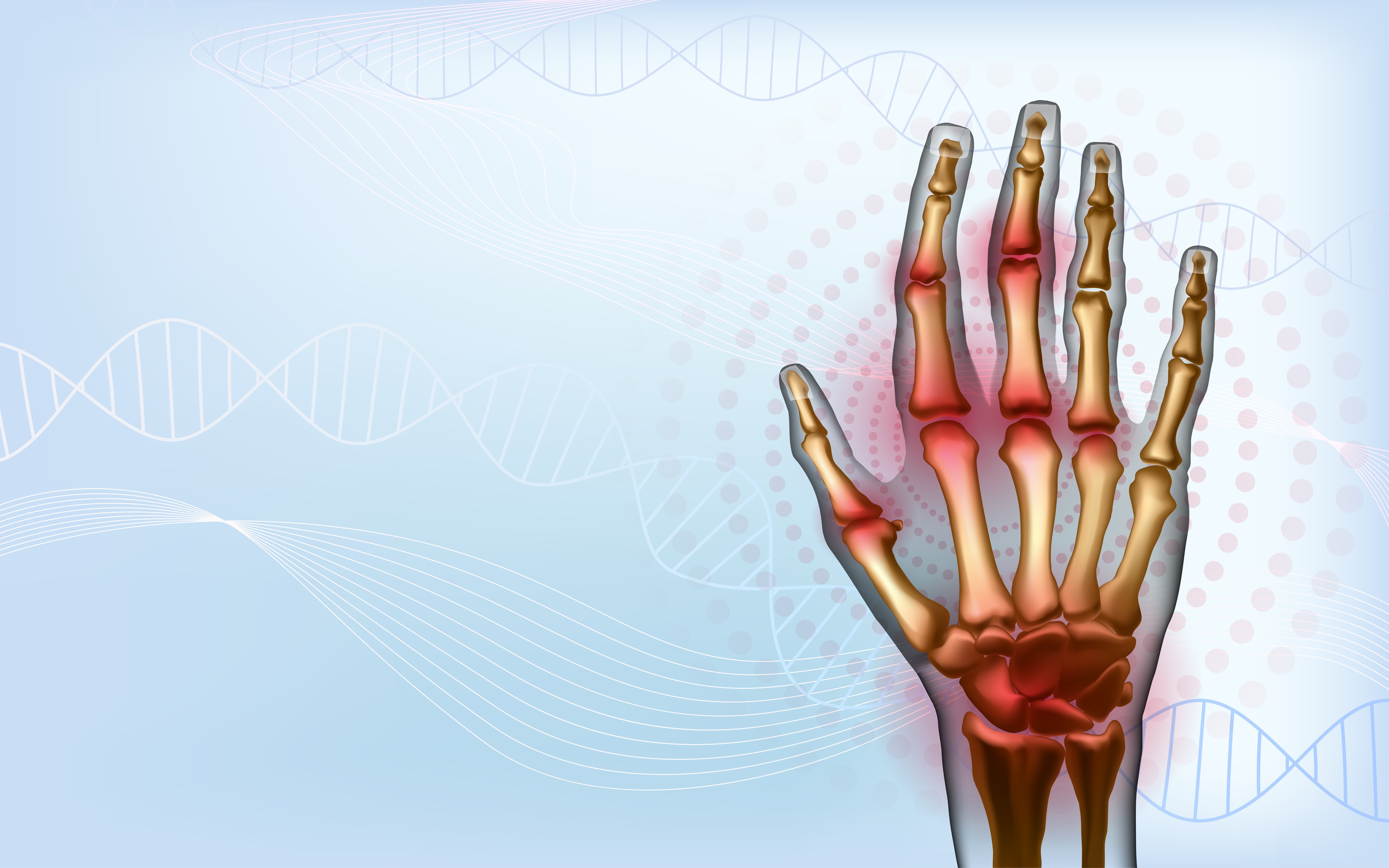This course is part of the RCOG Core Knowledge series.
Connective tissue disorders are common in women of reproductive age. In the past, women with connective tissue, bone and joint disorders were advised against pregnancy. However, improved pharmacotherapy, pre-pregnancy counselling and multidisciplinary approach to care have significantly contributed to the rising number of pregnancies and better outcomes for the women and their babies. Most connective tissue disorders, such as systemic lupus erythematosus (SLE), Sjögrens syndrome, rheumatoid arthritis (RA) and systemic sclerosis, are autoimmune conditions.
Connective tissue disorders may be pre-existing or manifest themselves for the first time in pregnancy or in the postpartum period. Rheumatoid arthritis, psoriatic arthritis, ankylosing spondylitis (AS) and undifferentiated arthritis have an increased incidence in the postpartum period, especially within the first 24 months.
Effects of connective tissue disorders in pregnancy depend on:
- the type of maternal disease, disease activity and severity of symptoms
- the nature and severity of organ damage
- circulating auto-antibodies
- medical treatment needed during pregnancy.
When you have completed this course, you will be able to:
- describe the clinical characteristics of various connective tissue disorders and establish differential diagnosis
- interaction of the immune system and pregnancy
- effects of pregnancy on each individual condition
- effects of each disease on the mother and fetus
- principles and safety of pharmacotherapy
- need for multidisciplinary team care for these groups of patients
- outline management principles prior to pregnancy and during pregnancy and perform pre-pregnancy counselling
- describe long-term implications for each condition
Dr Magdalena Fiolna (2023)
Dr Fiolna is a Maternal and Fatal Medicine Subspecialty Trainee at the Nottingham University Hospitals NHS Trust.
Dr Amita Mahendru MRCOG (2014, 2016, 2019, 2023)
Dr Mahendru is a Consultant in Fetal and Maternal Medicine at the Nottingham University Hospitals NHS Trust.
The content of this course relates to the following Capabilities in Practice (CiPs) and key skills:
CiP 1: Clinical skills and patient care
All
CiP 6: Developing self & others
Commits to continued learning
CiP 10: Emergency obstetrics
Manages labour
Manages induction, augmentation of labour
Manages emergency birth, postpartum problems
CiP 12: Non-emergency obstetrics
Manages pre-existing medical conditions in the pregnant woman
Manages conditions arising in pregnancy
Manages fetal concerns
Supports antenatal decision making
CiP 13: Non-discrimination and inclusion
Awareness of social wellbeing
Mental and physical health associations
Further details about each CiP can be found within the O&G Core Curriculum 2024 Definitive Document, available here.
Product Details:
Product Name
Price
Connective tissue, bone and joint disorders - 12 Month Access
£64.80
Login to purchase
| Product Name | Price | |
| Connective tissue, bone and joint disorders - 12 Month Access | £64.80 | Login to purchase |

